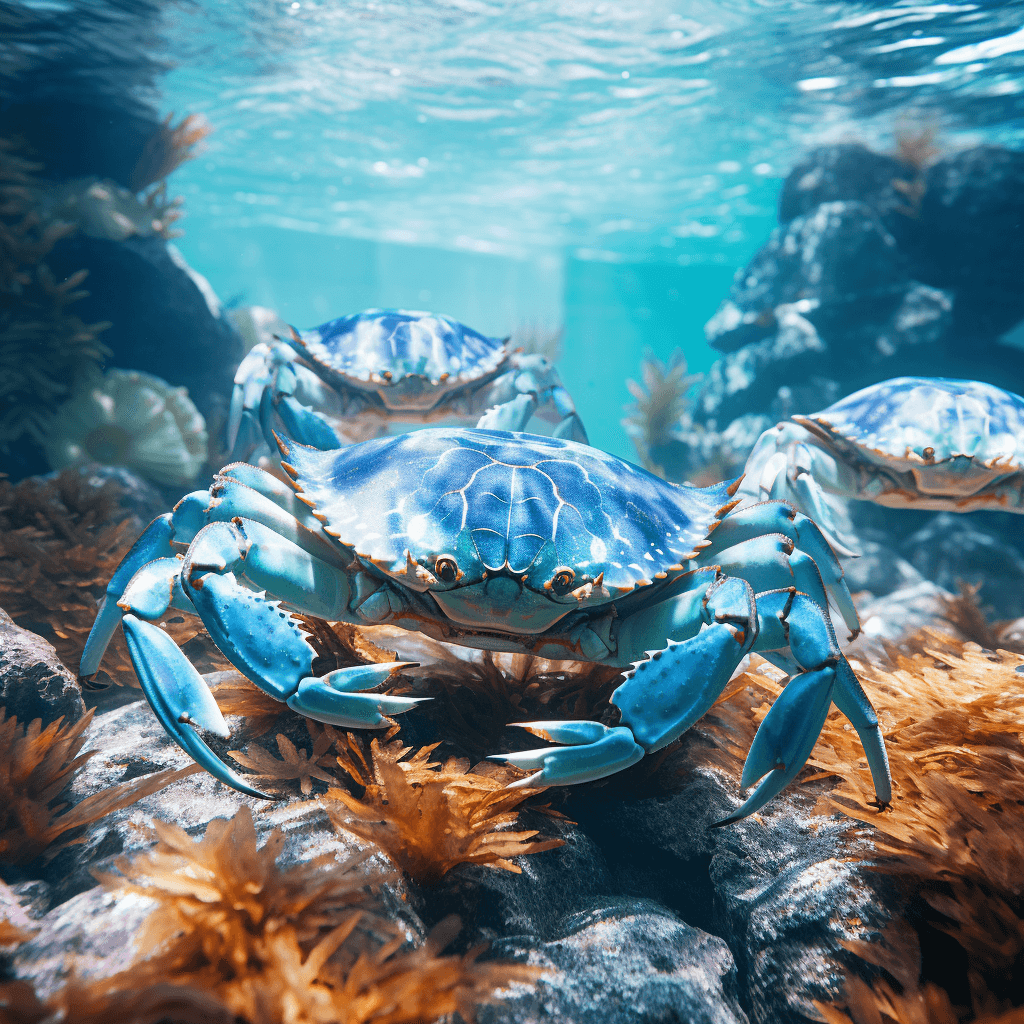Italy has responded to the challenge posed by the blue crabs that have appeared in its waters. With a €2.9 million commitment, the country is addressing the impact of these crabs on its reputation as a world leader in clam production and preserving a beloved pasta dish.
Originally from the western Atlantic, the blue crab has spread its presence to several lagoon-like regions of Italy. Their predatory behavior includes consumption of local seafood, fish eggs and aquatic life. Particularly affected are the clam farms in the delta of the Po river valley in northern Italy. Recent reports indicate that crabs have devoured nearly 90% of young clams, posing a threat to future production.
Although the rapid reproduction of blue crabs remains a mystery, experts are exploring the potential influence of climate change. Italy’s Minister of Agriculture, Francesco Lollobrigida, visited the affected area and confirmed the government’s approval of emergency funding to deal with the situation.
The 2.9 million euros earmarked will go to fishing and aquaculture cooperatives, which will be dedicated to a large-scale fishing campaign to manage blue crab populations. Fishermen have been advised to contribute by catching blue crabs to control their numbers.
Emanuele Rossetti, representative of the Polesine Fishermen’s Cooperative, revealed that substantial amounts of crab are caught daily. However, the impact on crab populations has been limited. Sasa Raicevich, an expert on marine aquatic resources at the Italian Institute for Environmental Protection and Research (ISPRA), pointed out that the blue crabs probably arrived in Italy by shipping bilge water.
Although the cause of their rapid multiplication remains uncertain, experts speculate about a possible link with climate change. Raicevich emphasized the need for coexistence rather than eradication, acknowledging the complexities of managing the situation. Italy’s role as a major producer of clams is further highlighted, with the country ranking third in the world behind China and South Korea, according to data from the Food and Agriculture Organization of the United Nations.
This influx of blue crabs raises concerns about the beloved Italian dish “spaghetti alle vongole” (spaghetti with clams). However, Italy’s concerted efforts and allocation of funds reflect the nation’s determination to protect its culinary traditions, natural resources and water balance.
This article is sourced from and written by AI.
Track and stay informed about AI-generated news:

